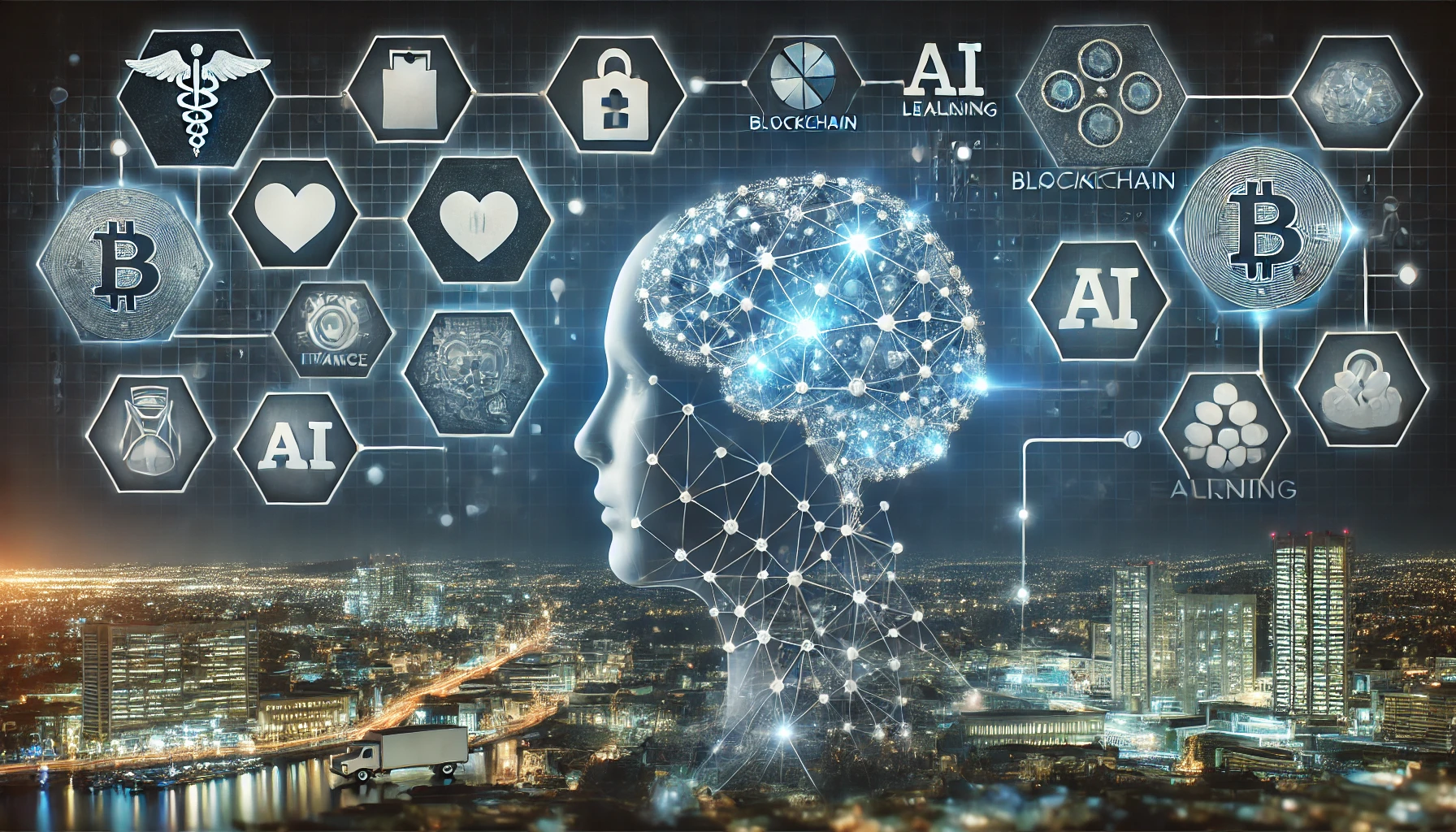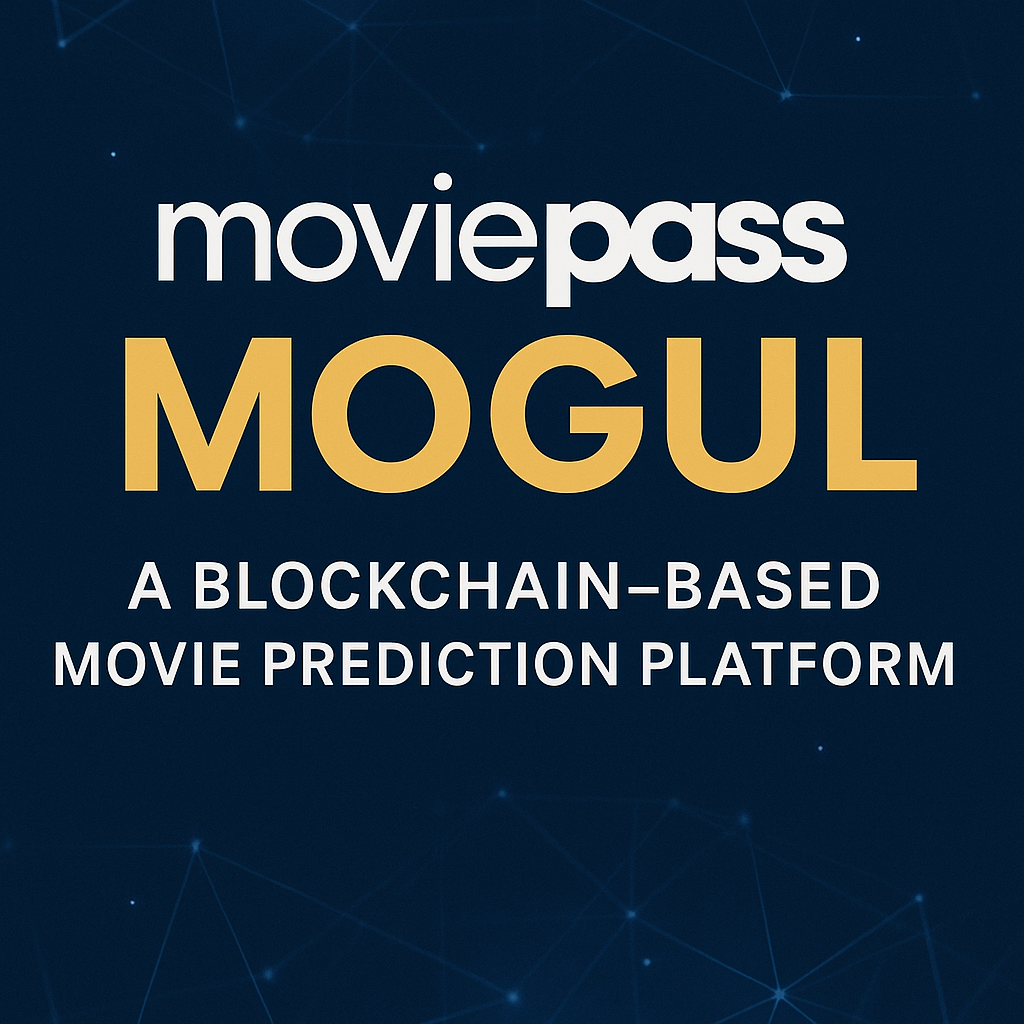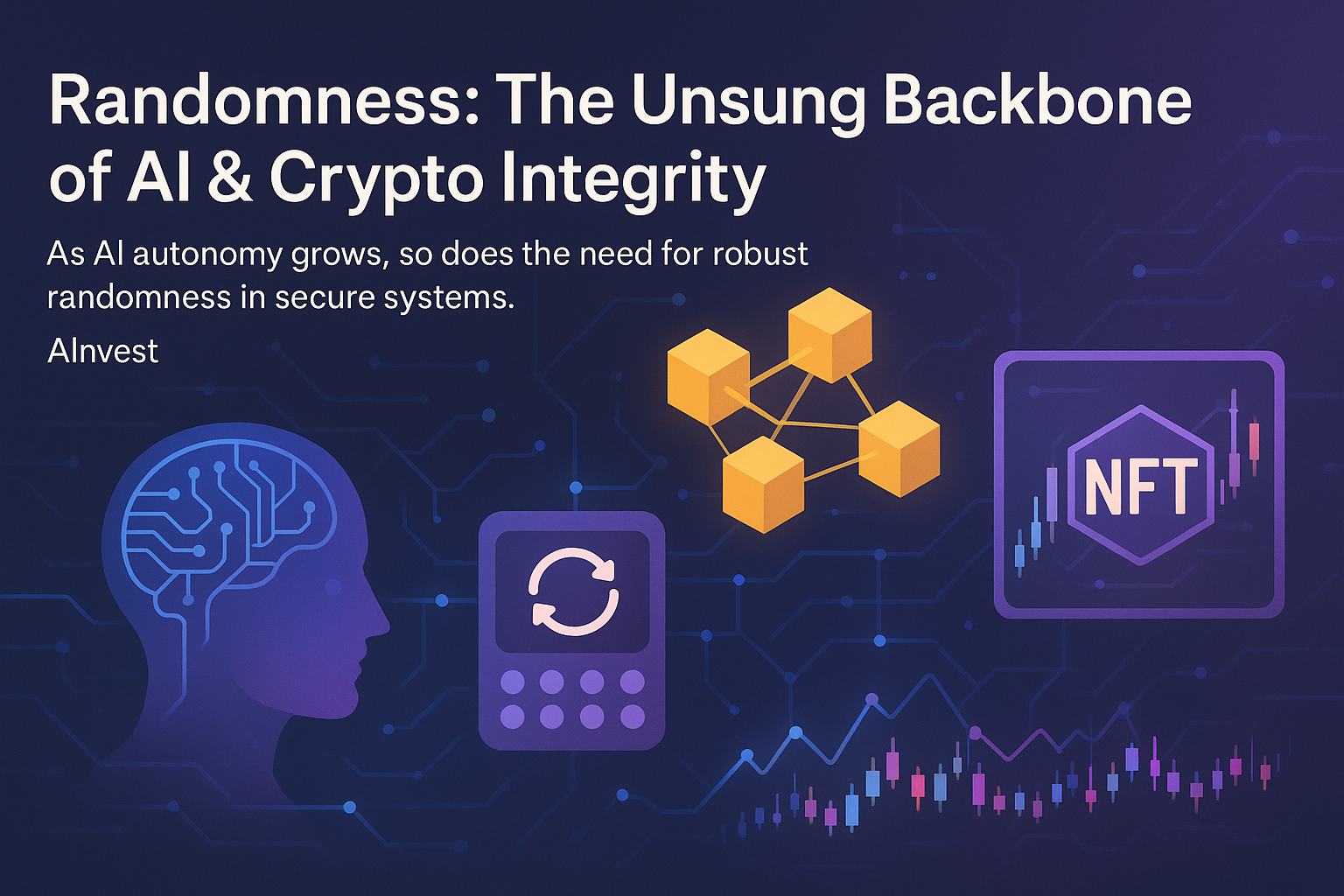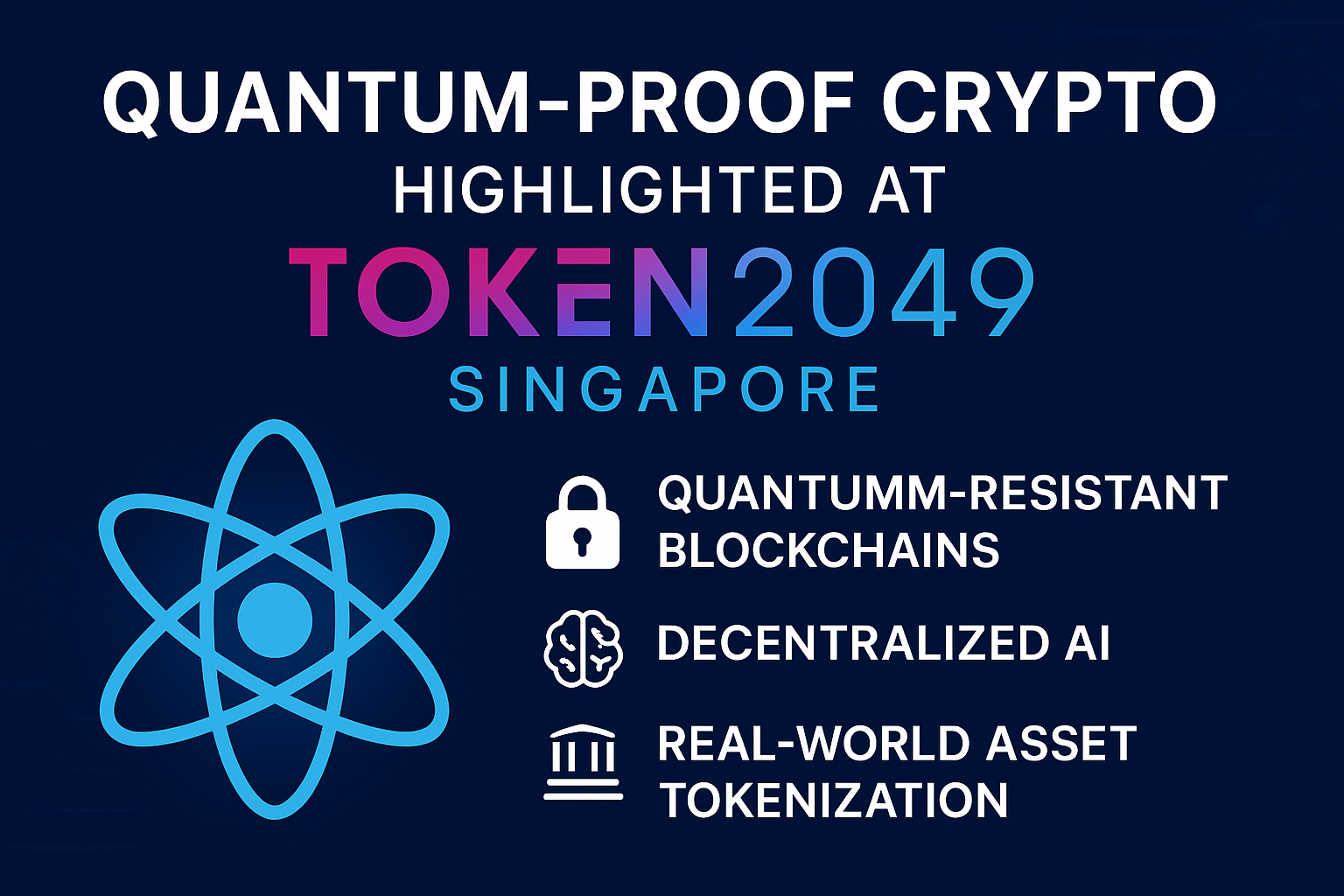The convergence of blockchain and machine learning (ML) represents a technological revolution with the potential to reshape industries ranging from finance and healthcare to supply chain and cybersecurity. These two technologies, while powerful on their own, create a synergy that enhances both security and efficiency. This article explores the groundbreaking possibilities of their integration and the transformative impact it could have on global industries.
The Symbiotic Relationship Between Blockchain and Machine Learning
Blockchain, a decentralized and immutable ledger, ensures transparency and trust in data transactions. On the other hand, machine learning, a subset of artificial intelligence (AI), enables systems to learn and make decisions based on data patterns. When combined, these technologies address critical challenges such as data integrity, decision-making transparency, and operational inefficiencies.
Key Benefits of Integration
- Enhanced Data Security:
- Blockchain provides a tamper-proof environment for data storage, safeguarding machine learning models and training data from unauthorized access or manipulation.
- Decentralized networks reduce the risk of single points of failure, making the system resilient to cyberattacks.
- Improved Transparency:
- Machine learning models often operate as “black boxes,” with limited visibility into how decisions are made. By storing model training processes and outputs on a blockchain, organizations can ensure auditability and trustworthiness.
- Regulatory compliance is enhanced, especially in industries like healthcare and finance, where decision-making transparency is critical.
- Streamlined Data Sharing:
- Blockchain facilitates secure, decentralized data sharing across multiple stakeholders, enabling machine learning systems to access diverse and high-quality datasets.
- This is particularly beneficial in collaborative industries such as pharmaceuticals, where access to shared data can accelerate drug discovery.
Applications of Blockchain and Machine Learning
1. Healthcare
The integration is transforming healthcare through:
- Secure patient data sharing: Blockchain ensures the integrity of sensitive medical records, while ML algorithms analyze data for personalized treatment plans.
- Fraud detection: ML detects anomalies in insurance claims, while blockchain ensures the traceability of transactions.
2. Supply Chain Management
- Blockchain enhances supply chain transparency by tracking the provenance of goods, while ML predicts demand and optimizes inventory management.
- Combined, they can mitigate risks such as counterfeit goods and logistical inefficiencies.
3. Financial Services
- Blockchain secures transactions and prevents fraud, while ML algorithms analyze financial patterns for risk assessment and investment strategies.
- Smart contracts powered by ML can autonomously execute transactions based on predefined conditions, revolutionizing areas like trade finance.
4. Cybersecurity
- ML identifies and mitigates potential threats through pattern recognition, while blockchain secures communication channels and authenticates users.
- This dual-layered approach significantly reduces vulnerabilities in critical systems.
Challenges to Integration
Despite its promise, the integration of blockchain and machine learning faces hurdles:
- Scalability:
- Blockchain networks often suffer from limited scalability, which could hinder ML applications requiring real-time data processing.
- Data Privacy:
- While blockchain ensures transparency, privacy concerns arise when sensitive ML training data is stored on public ledgers.
- Interoperability:
- Integrating these technologies across diverse platforms and industries requires standardized protocols and frameworks.
Addressing these challenges will require collaboration among industry leaders, policymakers, and technologists to create robust, scalable solutions.
The Road Ahead
The future of blockchain and machine learning lies in their ability to complement each other, driving innovation and efficiency. With investments pouring into research and development, we can expect to see:
- Decentralized AI platforms: Blockchain-enabled platforms that allow secure, collaborative machine learning model development.
- Tokenized data marketplaces: Where individuals and organizations can securely trade anonymized datasets for ML training.
- Regulatory frameworks: Policies that balance transparency, privacy, and innovation, fostering the adoption of these technologies.
The integration of blockchain and machine learning holds immense potential to revolutionize industries by enhancing security, transparency, and operational efficiency. As these technologies evolve, their combined impact will likely define the next wave of digital transformation, creating a more secure and intelligent future. Organizations that embrace this synergy will not only lead their industries but also set new standards for innovation and trust.




